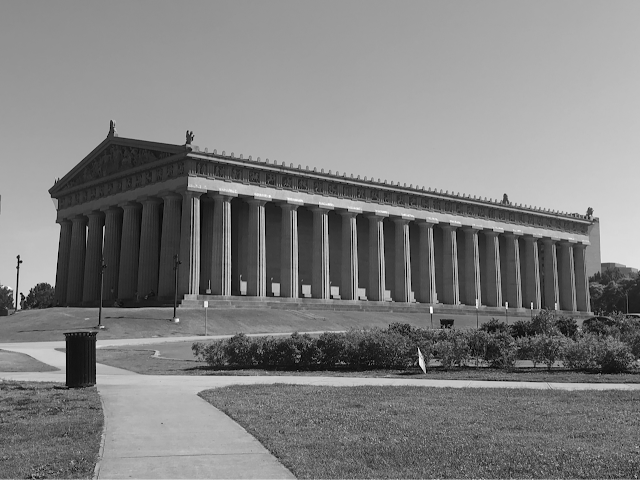When we think of Ancient Greece, names like Athenians, Spartans, Macedonians, and Thebans usually come to mind. But there was one tribe—wild, proud, and largely forgotten—that achieved something truly remarkable: the Aetolians, a people whose defiance shook even the mighty legacy of Alexander the Great.
Their story is one of the most surprising military upsets in ancient history.
Aetolia: The Untamed Land That Refused to Bow
It was the year 322 BCE. Alexander the Great had died, but his Macedonian empire remained dominant, having subdued nearly every major Greek city-state—Athens and Sparta included. Only one region still clung to independence: the rugged highlands of Aetolia, home to a loose confederation of tribes best known for their herding lifestyle and fierce autonomy.
In the summer of 321 BCE, the Macedonians decided it was time to bring Aetolia into the fold. They sent an imposing army of over 30,000 troops, led by Craterus, a veteran general who had campaigned alongside Alexander during his conquest of Asia.
What happened next took everyone by surprise.
Despite being vastly outnumbered, the Aetolians chose not to surrender or flee. Instead, they waged guerrilla warfare—leveraging their intimate knowledge of the mountainous terrain. They ambushed Macedonian columns, fortified key passes, and launched hit-and-run attacks that wore down the invaders.
Craterus’ Plan Backfires
Realizing that brute force wasn't enough, Craterus devised a winter strategy: he cut off access to the lowlands, where the Aetolians traditionally went to forage and find supplies. Starvation and freezing temperatures set in, weakening the Aetolian resistance.
But even under these brutal conditions, they refused to yield.
Months passed, and the Aetolians endured. Eventually, the Macedonians, worn down by attrition and failing morale, abandoned the campaign altogether. They withdrew from Aetolia and opened peace negotiations.
A Victory Lost to Time
While Athens and Sparta had fallen, a tribe of shepherds in the hills stood victorious against a military superpower. Their story, buried in the shadows of more famous battles and kings, remains one of the greatest underdog triumphs in the annals of Ancient Greek history.
It’s a reminder that sometimes, the most unlikely warriors can leave the deepest mark—not just on the battlefield, but on history itself.






